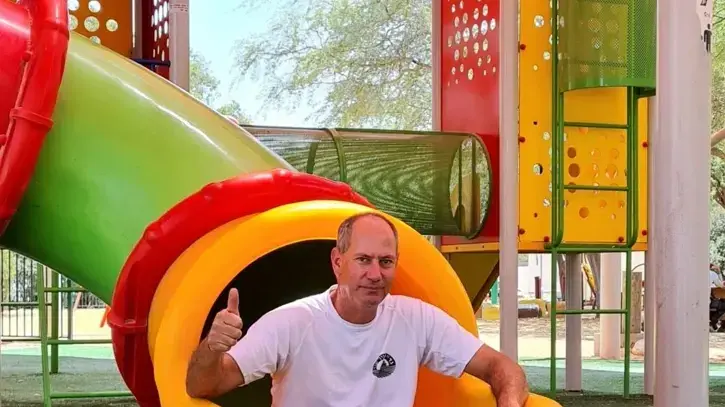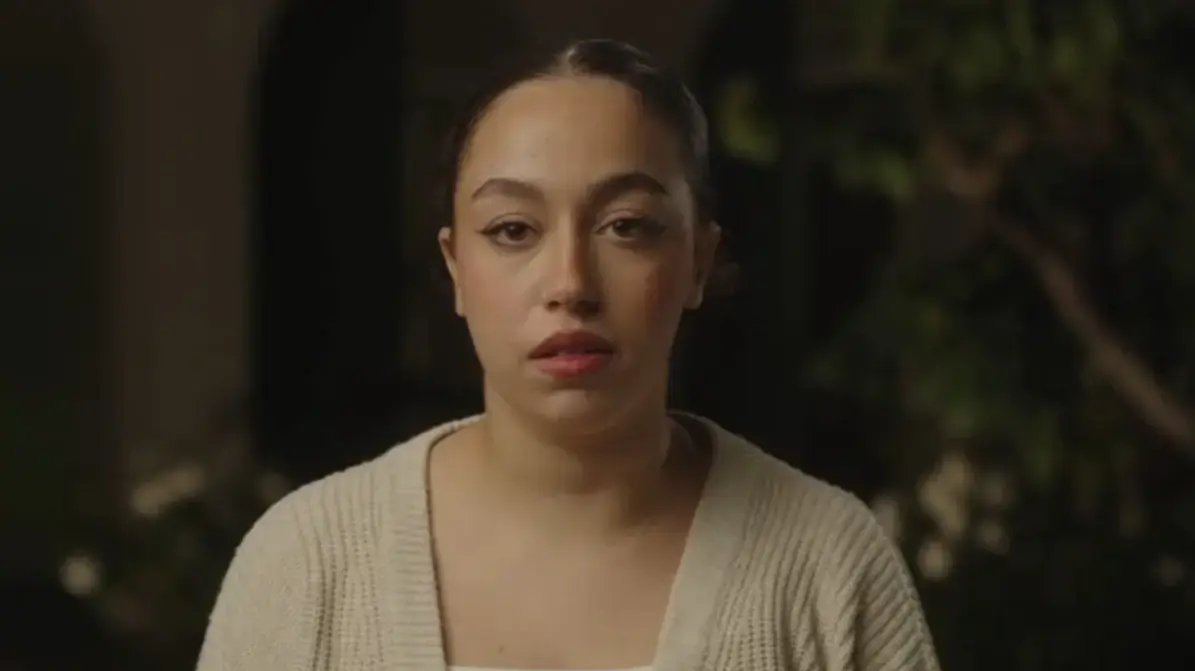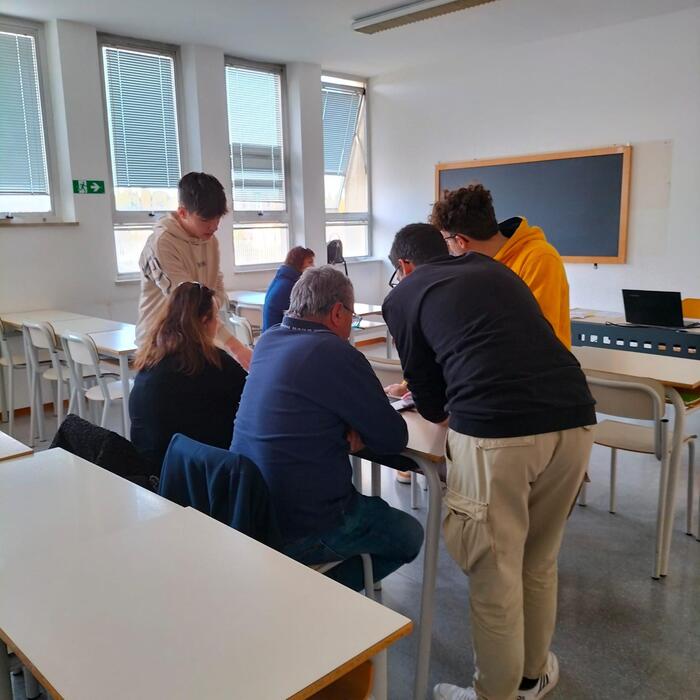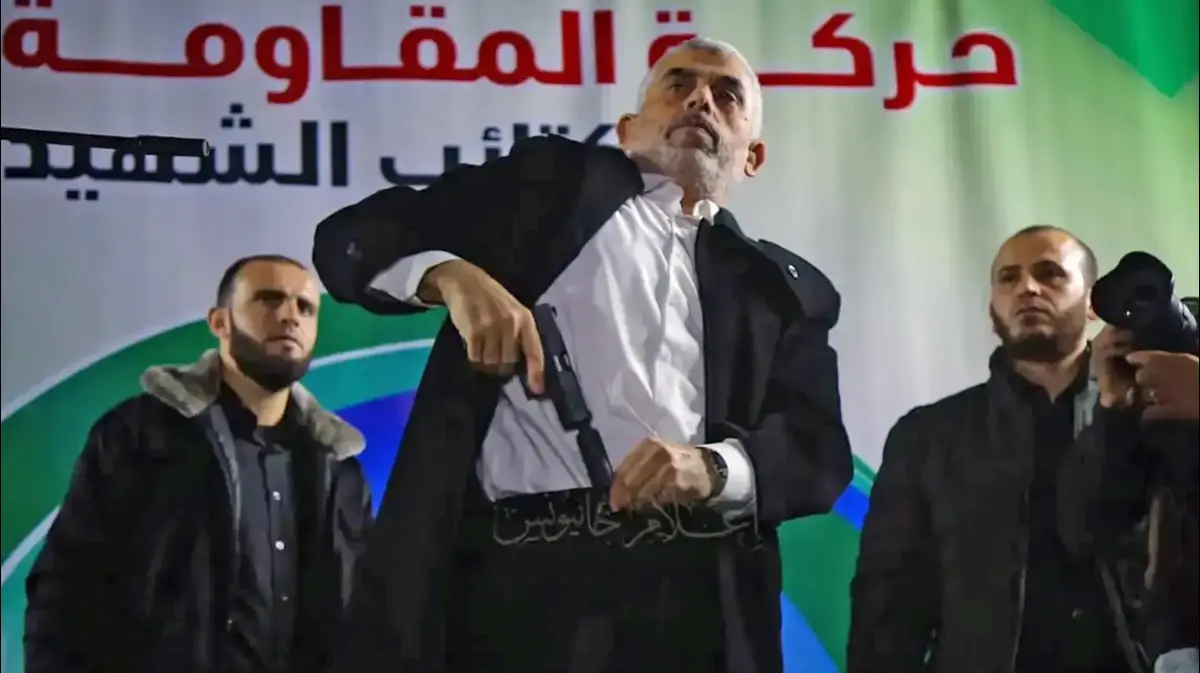Major M.'s grandfather survived the Mengele experiments and became an engineer in the aerospace industry • Major N.'s grandmother went through the nightmare in Auschwitz and remained optimistic • Holocaust Day 2021
'From Grandma I learned to know the good in the simplest sense of the word, to know how to be content with what is there and to be thankful for the beautiful things in life.
We have the right to live in the State of Israel, something my grandmother could not dream of and for that I am grateful.
The reason I'm in the army is mainly to say - here's Grandma, we won. 'Says Major N. of the Intelligence Division, grandson of Holocaust survivor Sarah Fishman, who lit a beacon at Yad Vashem last night (Wednesday).
Sara Fishman (95) was born in 1927 in the town of Narczynice in Czechoslovakia to a family of 10 people.
In April 1944 tensions escalated and ghettos were established in the area, so their father, Gedaliah David, sent Sarah and her two older sisters Hinda and Rebecca to family members in Budapest Hungary but they did not reach their destination.
After a short drive, they were taken off the train, and after two stops in the ghettos on the way, they reached Auschwitz.
One of the prisoners threw a stone at them after the selection on which was a note stating that the smoke they were seeing from the rifle was their parents, but Sarah and her sisters thought they were crazy.
In Auschwitz, Sarah worked cleaning the showers and clearing valuables that the Jews were forced to leave behind before entering the gas chambers.
At one point, Hinda, her sister, fell ill and was hospitalized in the hospital hut.
That was the last time she saw her.
After a while she was separated from her sisters, Rebecca and Pnina, whom she met in Auschwitz, and was sent by train to forced labor outside the camp.
She would rummage through bins in search of food, despite the danger of the death penalty in question.
"I found a thin peel of an apple," she says.
Every day she found a thicker apple peel.
"One day I saw a woman peeking out of a nearby house window" It turns out that the same woman cut the same shells every day.
Sarah was sent to a weapons factory and from there was transferred to the Bergen-Belsen camp, and after three months was loaded onto compressed wagons and transported for three weeks without a destination.
Occasionally the guards took women off the wagons, several shots were heard and the women did not return.
Sarah and the rest of the passengers were finally taken off the train in a wooded area.
Their German guards disappeared, and the prisoners were released.
After the Holocaust, Sarah underwent rehabilitation in Sweden for six months and she was reunited with her two sisters who survived Auschwitz.
The rest of the family perished.
In 1949, she immigrated to Israel and served in the IDF during the War of Independence. After that, she established a successful knitting factory.
The victory of the boy who survived Mengele
"My grandfather's biggest victory is to see me in uniform," says Major M., also an officer in the intelligence department.
Shaul will light a beacon at the closing ceremony of Holocaust Martyrs 'and Heroes' Remembrance Day at Yad Vashem today (Thursday) at noon.
Shaul Oren was born in a small town in Poland in 1929 and was 10 years old when World War II began.
Already at the beginning of the war, his family split up - his mother and two younger brothers hid in hiding and were located by the Nazis, and he, his father and two other brothers were captured and taken to a collection point.
His older brother, Yaakov, managed to escape from the Nazi guards and to this day it is not known what happened to him.
That same day, his father, Abraham, was sent to a concentration camp in Germany.
When he was 14, in 1943, he and his younger brother Moshe were sent to Auschwitz.
"On the camp ramp, a Nazi officer, accompanied by Dr. Mengele, approached us. The two were interested in our health and after a brief investigation, ordered me and my little brother to join a group of children who had been sidelined. Shaul recreates.
The group was taken to the camp and housed in hut No. 28. In early August, the boys heard from one of the doctors that some of them would soon be leaving the camp.
Fearing that the Nazis were interested in eliminating the group, Saul was able to persuade the doctor who decided where each one would go, to remove Moshe's name from the designated list, claiming that he was very ill.
He did not try to get himself off the list, out of a decision that he had better take the risk.
A few days later, 11 of the children were taken to the Sachsenhausen camp near the city of Berlin, where they were placed in a small, locked room and barred from coming into contact with other inmates.
Thus was born the Sachsenhausen "Eleven Children" group.
A few weeks later, one of the doctors, Dr. Dohman, began performing medical experiments that usually included deliberate infection with the jaundice virus and injections of various substances. A year later, the experiments lasted for two years, and then, as the Russian army approached, the SS began killing the patients in the camp.
Although Saul's name appeared on the list of patients destined for death, a missing hand mimics his name.
Just before the Russian attack, the 11 children were taken out, scattered among the other prisoners, and joined in a death march that lasted 12 days.
"I walked 300 kilometers for 12 days when I got some water to survive, the only thing that kept me alive was the struggle for freedom and survival," says Shaul.
At the end of the war, Saul came to Paris and studied electronics engineering.
There he also met his wife, Madi Ruth Twati, and the two gave birth to three children.
In 1954, he first came to Israel in order to look for surviving cousins, and here he learned that his brother Moshe was still alive and living in Acre.
He met his little brother after years of thinking he was gone.
For 25 years, Shaul worked as an electronics engineer in IAI and even took part in the First Lebanon War as a reservist.
"I feel immense pride to be the grandson of a heroic man who instilled in me the strong desire to serve my country out of love and duty," says Major M. He lived with his family for many years in Jerusalem, next to his grandfather, and raised his children inspired by his grandfather, He has an example of a life full of hope and optimism in the face of every difficulty. "Grandpa would tell me stories when I would come from the army.
I would sit next to him on the couch in uniform, excited that we, the Jewish people, have a strong state and army. "

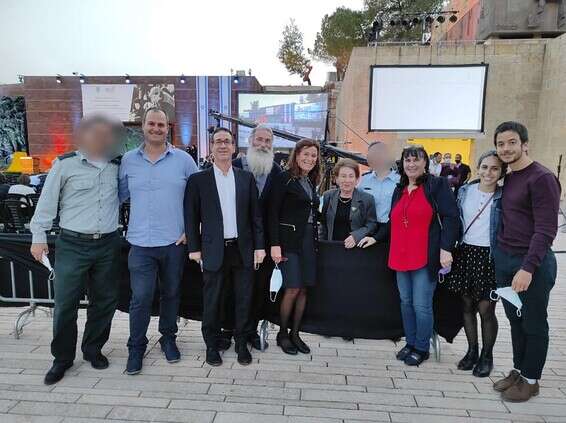
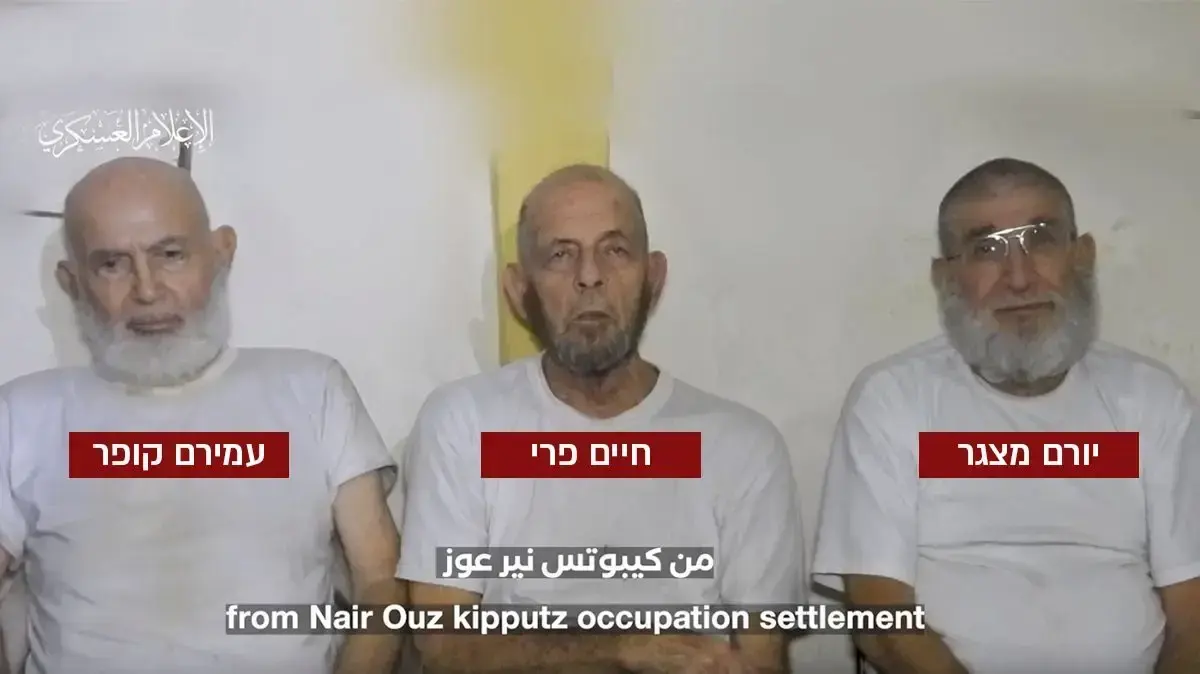
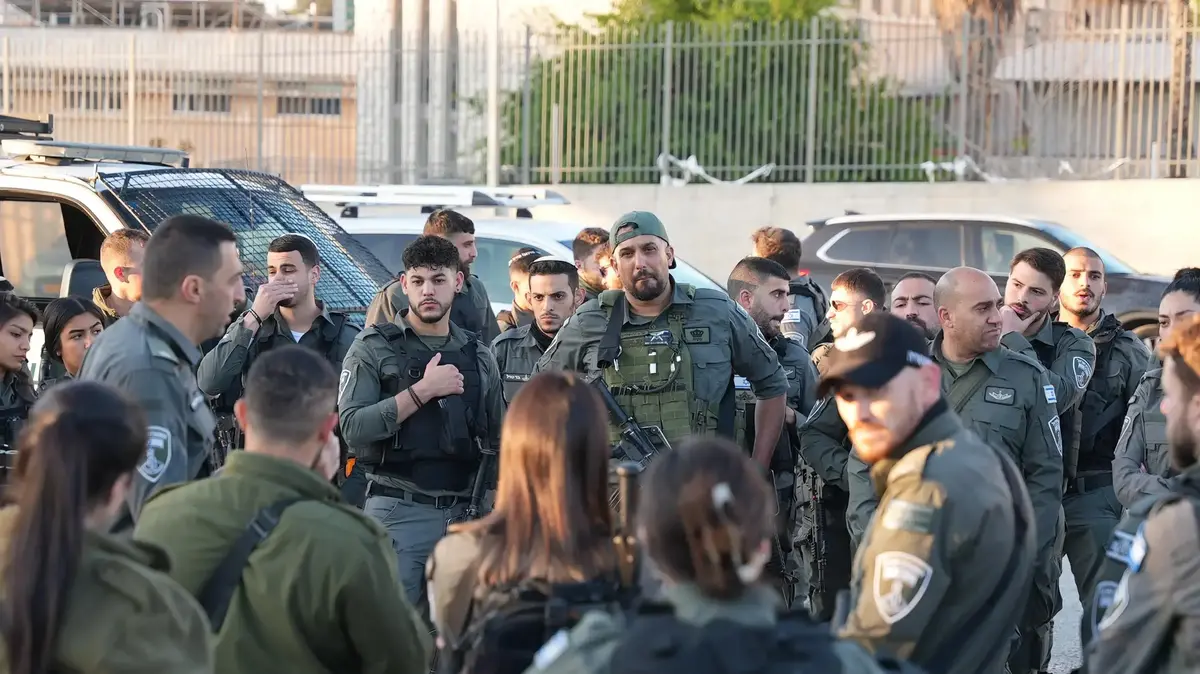
/cloudfront-eu-central-1.images.arcpublishing.com/prisa/ENOKQHD33NAGRAFBPP45GKFJGM.jpg)
